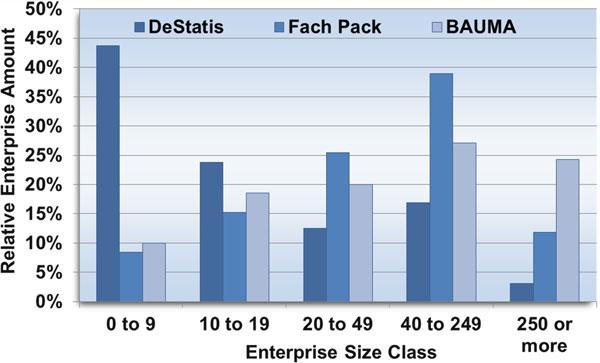4
M. Peris-Ortiz et al.
and knowledge improves intuition (Kirby 2003) and facilitates the discovery or identification of opportunities. Furthermore, the corporate entrepreneur’s decision to start a new entrepreneurial activity is based on past experiences and knowledge that assure the desirability and feasibility of the activity (Krueger 2000, 2007). So the experience, knowledge, and skills acquired to undertake a new business or develop a new opportunity are relevant factors to be considered. Consequently, we formulate the third hypothesis of this research: H3 The entrepreneur’s experience, skills, and knowledge required for setting up a business increase entrepreneurship in a context of economic crisis. In this study the dependent variable in all the hypotheses is the extent of entrepreneurship in a context of economic crisis. Here it is important to define the concept of entrepreneurship and how it is to be operationalized. Entrepreneurship here is defined as a result of the final stage in the entrepreneurial function, that is, the entrepreneur’s expectation of starting a new business or growing a current business. As already noted, there is no consensus in the literature on the effects of an economic crisis on entrepreneurial activities. The crisis may encourage discovery of innovation and opportunities for entrepreneurs with a strong entrepreneurial profile, and, in contrast, may slow entrepreneurial action for those who are less able to discover opportunities, have less knowledge or skills to create the opportunity, or more risk aversion. The outcome will depend on a reality not present in previous studies: the entrepreneurship of Spanish entrepreneurs. The empirical research presented below, within the limitations of the data available in the GEM survey, attempts to confirm the above hypotheses.
1.3 1.3.1
Methodology Sample and Data
We used a secondary data source to test our hypotheses. The database selected was the “Individual level data GEM 2009 APS Global” from the Global Entrepreneurship Research Association (GERA). The GEM project is an annual assessment of the entrepreneurial activity, aspirations, and attitudes of individuals across a wide range of countries. This GEM initiative was initiated in 1999 as a partnership between London Business School and Babson College. The year selected from the database for carrying out our study was 2009, and the analysis was focused on Spain. In this year, Spain was immersed in an economic recession, closing the year with an unemployment rate of 18.8 %. Spain has had the highest unemployment rate in the OECD since 2009. The GDP suffered a decline of 3.6 % and Spain’s fiscal deficit was 11.2 % of GDP by the end of the year. Greater






